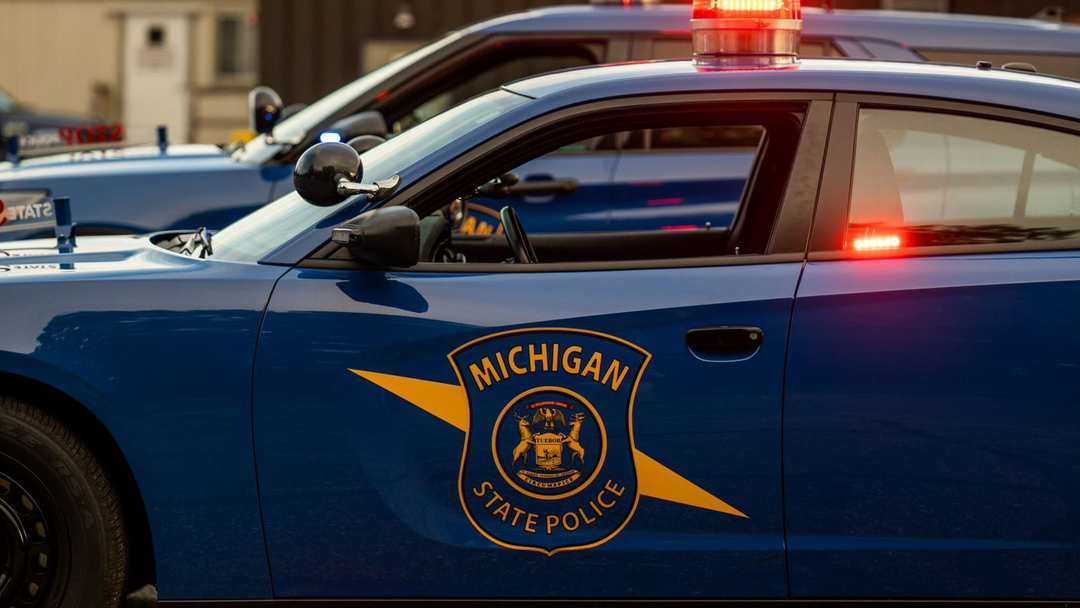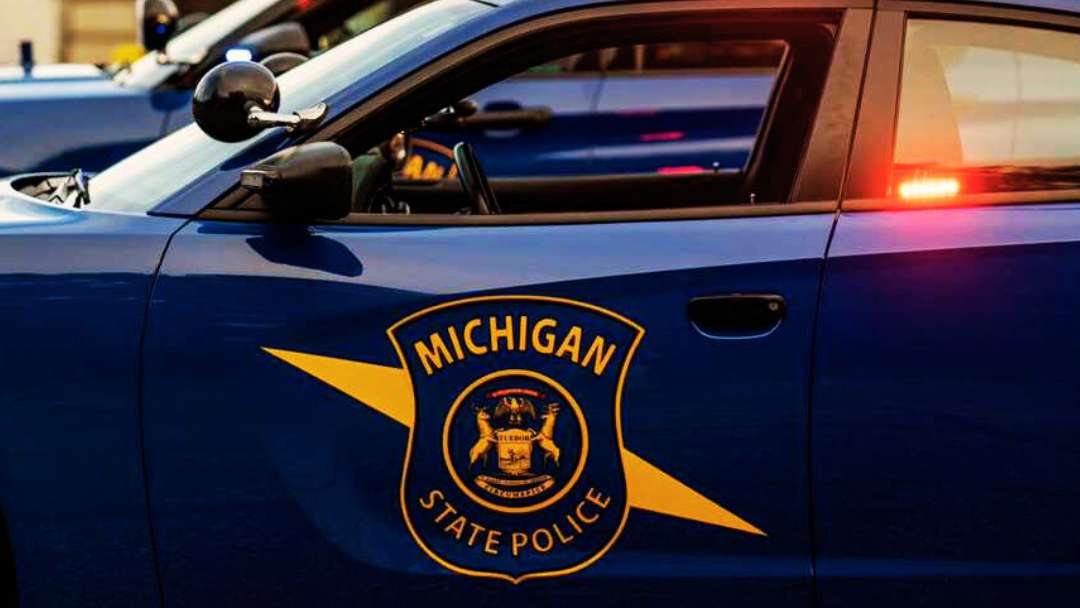Michigan Rules 901-903 – Evidence Authentication
Ever wondered how that document or recording made its way into a Michigan courtroom? The answer lies in Michigan Rules of Evidence 901 to 903, which govern the crucial step of authenticating evidence.
This article provides a factual, no-nonsense breakdown of these rules, drawing insights from the official Michigan Rules of Evidence Handbook.
Rule 901: The Key to Admission
At its core, Rule 901 states that before any evidence can be considered by the court, it must be properly authenticated.
This means proving, through sufficient evidence, that the item is indeed what it’s claimed to be. Think of it as verifying the identity of a witness before they can testify.
The rule doesn’t prescribe a specific method for authentication; it simply says there must be enough evidence to convince the judge that the item is genuine. This flexibility provides room for various situations and evidence types.
Unlocking Authenticity: Examples from the Handbook
The Handbook offers helpful examples to illustrate how Rule 901 might be satisfied in practice. Here are a few:
- Witness Testimony: Someone with firsthand knowledge of the evidence, like the author of a document or someone who witnessed a recording being made, can testify to its authenticity.
- Handwriting Analysis: A non-expert familiar with someone’s handwriting can offer their opinion on its genuineness based on familiarity, not just for this specific case.
- Comparison by Experts: An expert, like a handwriting analyst or audio-visual specialist, can compare the disputed item to known authentic samples.
- Distinctive Characteristics: The unique features of the evidence itself, like its internal patterns or specific content, can sometimes establish authenticity in conjunction with other circumstances.
- Voice Identification: Similar to handwriting, someone familiar with a voice can offer their opinion on its identity based on prior interactions.
- Telephone Conversations: Proof that a call was made to a specific number assigned to a particular person or business, coupled with self-identification during the call, can authenticate the conversation.
Have your rights been violated?
Have your driving priviledges been revoked?
Has your professional license been suspended?
Have you been charged with a crime?
Call our office to see if we can help
Komorn Law 248-357-2550
Rule 902: Self-Authentication Shortcuts
Certain types of evidence are so inherently reliable that they “speak for themselves” and don’t require additional authentication under Rule 901. Rule 902 lists these self-authenticating items, including government publications, certain business records, and certificates of marriage or birth.
Rule 903: Skipping the Witness in Certain Cases
Traditionally, written documents often required the testimony of a subscribing witness (someone who witnessed the signing) to be admitted. However, Rule 903 simplifies matters by stating that such testimony is unnecessary unless specifically required by other relevant laws.
Remember: These are just summaries, and the actual rules contain nuances and exceptions. For complex legal matters, consulting with a lawyer is always recommended.
Don't Own an F-16?
Just want your second amendment right back to protect yourself and your family? Call our office to see if we can help.
Important:
This article provides a simplified overview of the Michigan Rules of Evidence for informational purposes only. It should not be interpreted as legal advice. When facing legal matters, always consult with a qualified attorney for professional guidance.
The Michigan Rules of Evidence are subject to change over time. Always consult the latest official version for accurate information.
Here is the link to the Michigan Rules of Evidence Handbook. Check the footer for the latest update.
- You can find the latest versions of these resources on the Michigan Courts website: https://www.courts.michigan.gov/498aa6/siteassets/rules-instructions-administrative-orders/rules-of-evidence/michigan-rules-of-evidence.pdf
Related Articles
No Results Found
The page you requested could not be found. Try refining your search, or use the navigation above to locate the post.
More Posts

One of Michigan’s Top DUI Attorneys
We aggressively defend all aspects of traffic law, from simple civil infractions to more serious alcohol and drug-related offenses. Don't wait till the last second to get an attorney. That's how you lose.Why Attorney Michael Komorn is one of Michigan’s Top DUI...

Michigan DUI Laws and Consequences – Second Offense
Michigan DUI Laws and Consequences – Second Offense Operating Under the Influence (OUI) is a serious offense in Michigan. If someone is caught driving under the influence of alcohol or drugs, they can face severe penalties. When it comes to a second offense, the...

Federal Ban on Owning Firearms by Cannabis Consumers is Unconstitutional Court Says
Federal charges against a non-violent, cannabis-using gun owner were unconstitutional.A federal appeals court panel upheld a lower court's ruling on Wednesday, declaring that federal charges against a non-violent, cannabis-using gun owner were unconstitutional. “The...

AG Nessel joined 21 attorneys general to regulate the sale of firearms
Extreme Risk Protection Order to prevent individuals from possessing or owning a firearm for eight years following their conviction. That legislation was signed into law by Governor Gretchen Whitmer in November of 2023.Michigan Attorney General Dana Nessel has joined...

Michigan DUI Laws and Consequences – First Offense
First Offense DUI in Michigan: Laws and ConsequencesFacing a first offense DUI in Michigan can be daunting as the implications are significant and the legal landscape is complex. Understanding the laws surrounding Operating While Intoxicated is essential, as these...

Court Ruling – No bonus for growing weed
COURT RULING – SORRY NO BONUS FOR GROWING CANNABISA marijuana farm worker is unable to succeed in his breach-of-contract lawsuit regarding a $100,000 bonus he claims to be owed for producing a healthy harvest of 1400 pounds of dry cannabis crop as the contract is...

Cannabis workers claimed employer violated labor laws
Allegedly had to put on company-issued personal protective equipment (“PPE”) (such as masks, hair nets, arm sleeves, gloves, scrubs, and protective shoes) before clocking in Close to 1.2 milion settlement for 134 cannabis workers alleging wage violations under federal...

The MSP is Concerned About Your Privacy (Vehicle Information)
Is the Michigan State Police really concerned about your Driver License and Motor Vehicle Information privacy?Here's what they say on their websiteThe Michigan State Police (MSP) is committed to protecting the privacy of your potentially personally identifiable data...

The MSP is Concerned About Your Privacy (Biometric Information)
Is the Michigan State Police really concerned about your DNA / biometric privacy?Here's what they say on their websiteThe Michigan State Police (MSP) is committed to protecting the privacy of your potentially personally identifiable data (PPID) in a strong and...

The MSP and Your Privacy (Criminal History)
Is the Michigan State Police really concerned about your criminal history privacy?Here's what they say on their websiteThe Michigan State Police (MSP) is committed to protecting the privacy of your potentially personally identifiable data (PPID) in a strong and...











